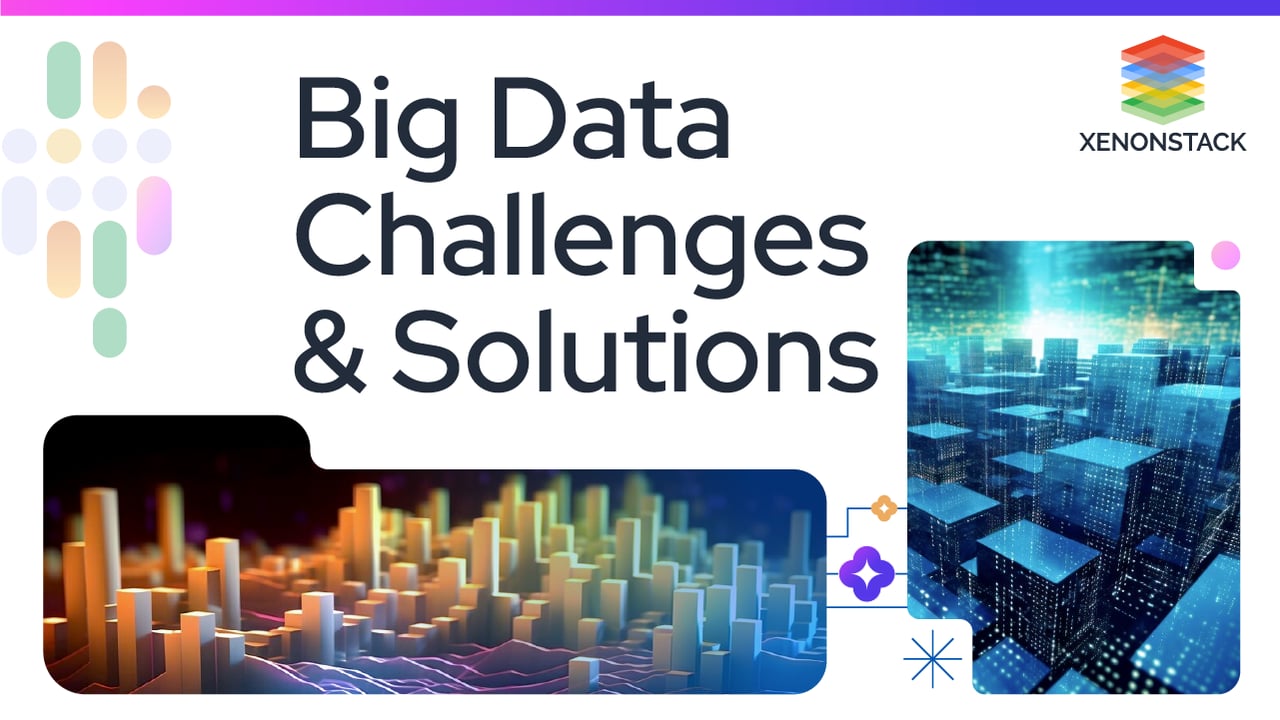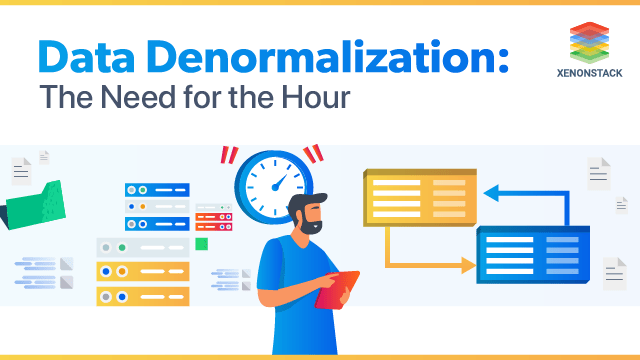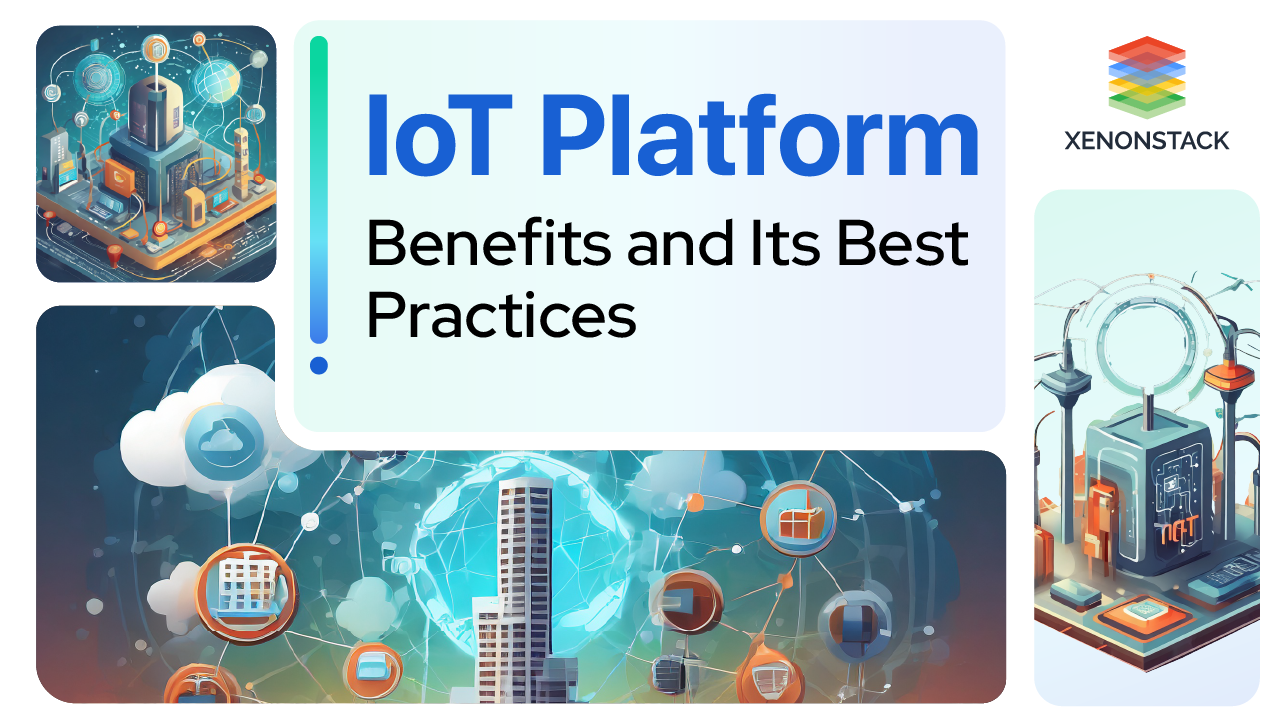
Big Data Challenges include the best way of handling large amounts of data, which involves the process of storing and analyzing huge sets of information in various data stores. There are various major challenges that come into the way while dealing with it, which Agility needs to take care of.
Top Challenges of Big Data and How to Solve Them
The below listed are the challenges of big data
Lack of knowledge Professionals
Companies need skilled data professionals to run these modern technologies and large Data tools. These professionals will include data scientists, analysts, and engineers to work with the tools and make sense of giant data sets. One of the challenges that any Company face is a drag of lack of massive Data professionals. This is often because data handling tools have evolved rapidly, but in most cases, the professionals haven't. Actionable steps have to be taken to bridge this gap.
Addressing the Challenge
Companies are investing extra money in the recruitment of skilled professionals. They even have to supply training programs to the existing staff to encourage the best in them. Another important step taken by organizations is purchasing knowledge analytics powered by artificial intelligence/machine learning. These Big Data Tools are often suggested by professionals who aren't data science experts but have the basic knowledge. This step helps companies save tons of cash for recruitment.
Lack of proper understanding of Massive Data
Companies fail in their Big Data initiatives, all thanks to insufficient understanding. Employees might not know what data is, its storage, processing, importance, and sources. Data professionals may know what's happening, but others might not have a transparent picture. For example, if employees don't understand the importance of knowledge storage, they cannot keep a backup of sensitive data. They could not use databases properly for storage. As a result, when this important data is required, it can't be retrieved easily.
Addressing the Challenge
Its workshops and seminars must be held at companies for everybody. Military training programs must be arranged for all the workers handling data regularly and are a neighborhood of large Data projects. All levels of the organization must inculcate a basic understanding of knowledge concepts.
Data Growth Issues
One of the foremost pressing challenges of massive Data is storing these huge sets of knowledge properly. The quantity of knowledge being stored in data centers and companies' databases is increasing rapidly. As these data sets grow exponentially with time, they become challenging to handle. Most of the information is unstructured and comes from documents, videos, audio, text files, and other sources. This suggests that you cannot find it in the database.
Data and analytics fuels digital business and plays a major role in the future survival of organizations worldwide.
Source: Gartner, Inc
Companies choose modern techniques to handle these large data sets, like compression, tiering, and deduplication. Compression is employed to reduce the number of bits within the data, thus reducing its overall size. Deduplication is the process of removing duplicate and unwanted data from a knowledge set. Data tiering allows companies to store data in several storage tiers. It ensures that the info resides within the most appropriate storage space. Data tiers are often public cloud, private cloud, and flash storage, counting on the info size and importance. Companies also are choosing its tools, like Hadoop, NoSQL, and other technologies.
Confusion while Big Data Tool selection
Companies often get confused when selecting the simplest tool for giant data analysis and storage. Is HBase or Cassandra the simplest technology for data storage? Is Hadoop Map Reduce ok, or will Spark be a far better data analytics and storage option? These questions bother companies, and sometimes they cannot seek the answers. They find themselves making poor decisions and selecting inappropriate technology. As a result, money, time, effort, and work hours are wasted.
Addressing the Challenge
You'll either hire experienced professionals who know far more about these tools. Differently is to travel for giant Data consulting. Here, consultants will recommend the simplest tools supporting your company’s scenario. Supporting their advice, you'll compute a technique and select the simplest tool.
Integrating Data from a Spread of Sources
Data in a corporation comes from various sources, like social media pages, ERP applications, customer logs, financial reports, e-mails, presentations, and reports created by employees. Combining all this data to organize reports may be a challenging task. This is a neighborhood often neglected by firms. Data integration is crucial for analysis, reporting, and business intelligence, so it's perfect.
Addressing the Challenge
Companies need to solve their Data Integration problems by purchasing the proper tools. A number of the simplest data integration tools are mentioned below:
- Talend Data Integration
- Centerprise Data Integrator
- Arc ESB
- IBM InfoSphere
- Xplenty
- Informatica PowerCenter
- CloverDX
- Microsoft SQL QlikView
Securing Data
Securing these huge sets of knowledge is one of the daunting challenges of massive Data. Often companies are so busy understanding, storing, and analyzing their data sets that they push data security for later stages. This is often not a sensible move, as unprotected data repositories can become breeding grounds for malicious hackers. Companies can lose up to $3.7 million for stolen records or knowledge breaches.
Addressing the Challenge
Companies are recruiting more cyber-security professionals to guard their data. Other steps to Secure it include data encryption, data segregation, identity and access control, implementation of endpoint security, and real-time security monitoring. It uses security tools like IBM Guardian.
High Cost of Data and Infrastructure Projects
50% of US executives and 39% of European executives admitted that limited IT budgets are one of the biggest barriers to getting value from data. Implementing big data is expensive. This requires careful planning and carries significant upfront costs that may not pay off quickly. Also, as the amount of data grows exponentially, so does the infrastructure. At some point, it can become all too easy to overlook assets and the cost of managing them. In fact, according to Flexera, up to 30% of money spent on the cloud is wasted.
Addressing the Challenge
- Big data can solve most of the problems of rising costs by continuously monitoring your infrastructure. Effective DevOps and DataOps practices help you monitor and manage the data stack and resources you use to store and manage data, identify savings opportunities, and balance the costs of scaling.
- Consider cost early when building a data processing pipeline. Duplicate data from multiple stores that double your costs? Can you optimize management costs by tiering your data according to business value? Do you have a habit of archiving and forgetting data? The answers to these questions can help you devise a solid strategy and save you huge bucks.
- Choose an affordable tool that fits your budget. Most cloud-based Data stacks are offered on a pay-as-you-go basis. In other words, your cost is directly related to the API and data calls, and processing power you use. New Big Data Toolsis constantly expanding, allowing you to choose and combine different tools to fit your budget and needs.
Real-Time Insights
The dataset is a treasure trove of insights. But knowledge is worthless without real understanding derived from it. Now some will define real-time as instantaneous, while others will think of it as time spent on data extraction and analysis. However, the key idea is to establish a good understanding to reap the benefits of activities such as- Creating new avenues for innovation and technology Impact.
- Speeding Service Delivery Processes.
- Lowering Operating Costs.
- Innovative Service Products.
- Promoting Data-Driven Culture.
Addressing the Challenge
One of the challenges associated with big data is generating timely reports and insights. To this end, companies are looking for opportunities to compete with their competitors in the marketplace by investing in ETL tools and analytics with real-time capabilities.
Big Data Challenges in the Healthcare Industry
The challenges for its implementation in the healthcare industry are:
Challenges for Building a Healthcare Analytics Platform
- Enhance the efficiency of diagnoses.
- Prescribing Preventive Medicine and Health.
- Providing results to doctors in a digital form.
- Using predictive analysis to uncover patterns that couldn’t be previously revealed.
- Providing Real-Time Monitoring
Technical Challenges
- To develop data exchange and interoperability architecture to provide personalized care to the patient.
- To develop the AI-based Analytical platform for integrating multi-sourced data.
- To propose a Predictive and Prescriptive Modelling Platform for physicians to reduce the semantic gap for an accurate diagnosis.
Big Data Challenges in Security Management
Below are some common challenges –
- Vulnerability to fake data generation
- Struggles with granular access control
- Often “points of entry and exit’ are secured, but data security inside your system is not secure.
- Data Provenance
- Securing and protecting data in real-time
Have securities issues and attacks happening every single minute, these attacks can be on different components of Big Data, like on stored data or the data source. Click to explore about, Big Data Security Management: Tools and its Best Practices
What are the Big Data Challenges in Hadoop-Delta Lake Migration?
Migration from Hadoop takes place because of a variety of reasons. Following are the common reasons why migration’s necessity comes up:
- Poor Data Reliability and Scalability
- Cost of Time and Resource
- Blocked Projects
- Unsupportive Service
- Run Time Quality Issues
Big Data Challenges in Cloud Security Governance
Some of the challenges that Cloud Governance features help us tackle are:-
- Performance Management
- Governance/Control
- Cost Management
- Security Issues
 Leverage our Top 9 Challenges of Big Data Architecture and address the challenges to make data-driven decisions by unlocking actionable insights.
Leverage our Top 9 Challenges of Big Data Architecture and address the challenges to make data-driven decisions by unlocking actionable insights.Next Steps to Overcome Big Data Challenges
To overcome big data challenges, organizations should prioritize data integration, invest in advanced analytics tools, foster a data-driven culture, and ensure robust data governance. Continuous employee training and collaboration across departments can further enhance data utilization and decision-making processes.


